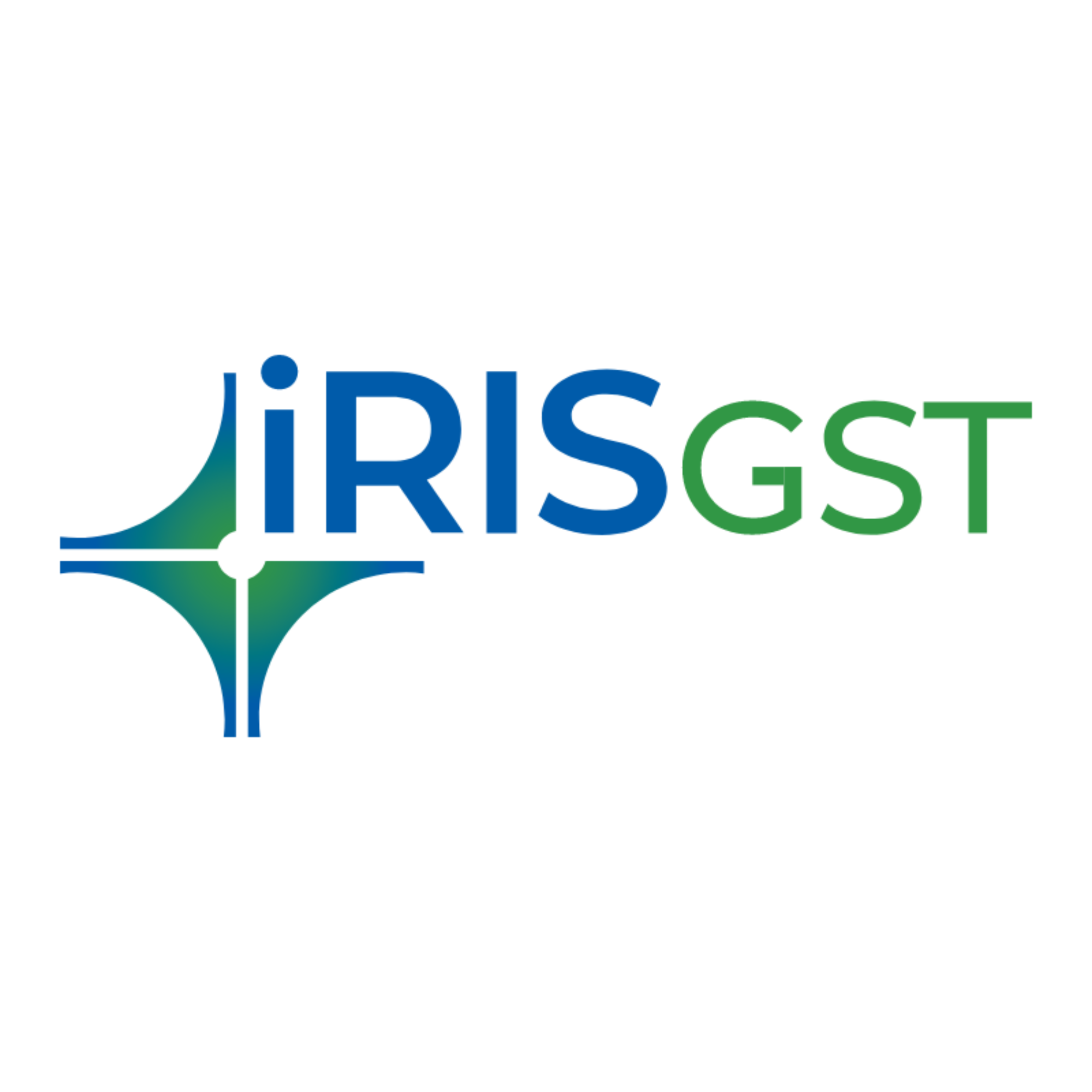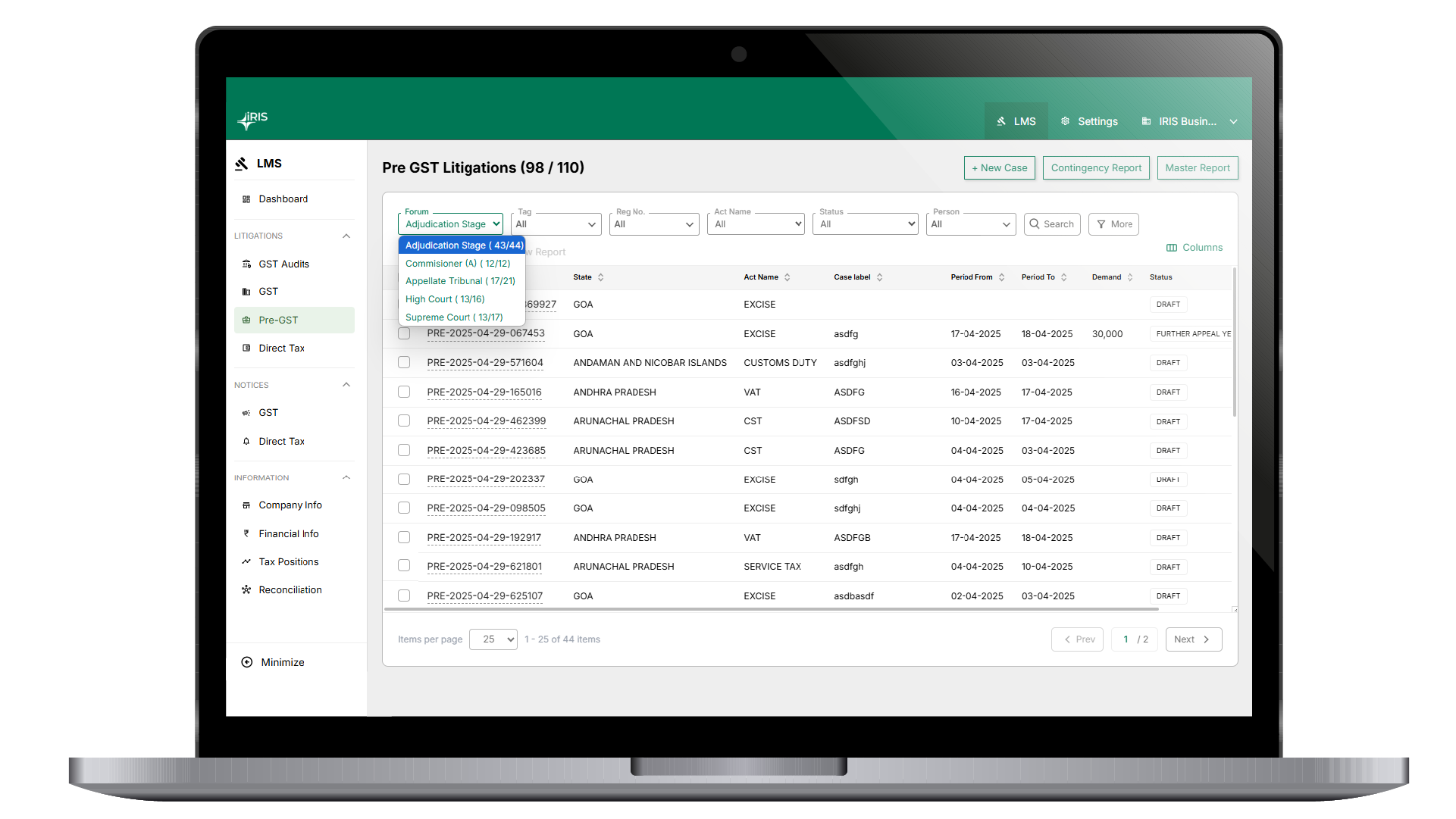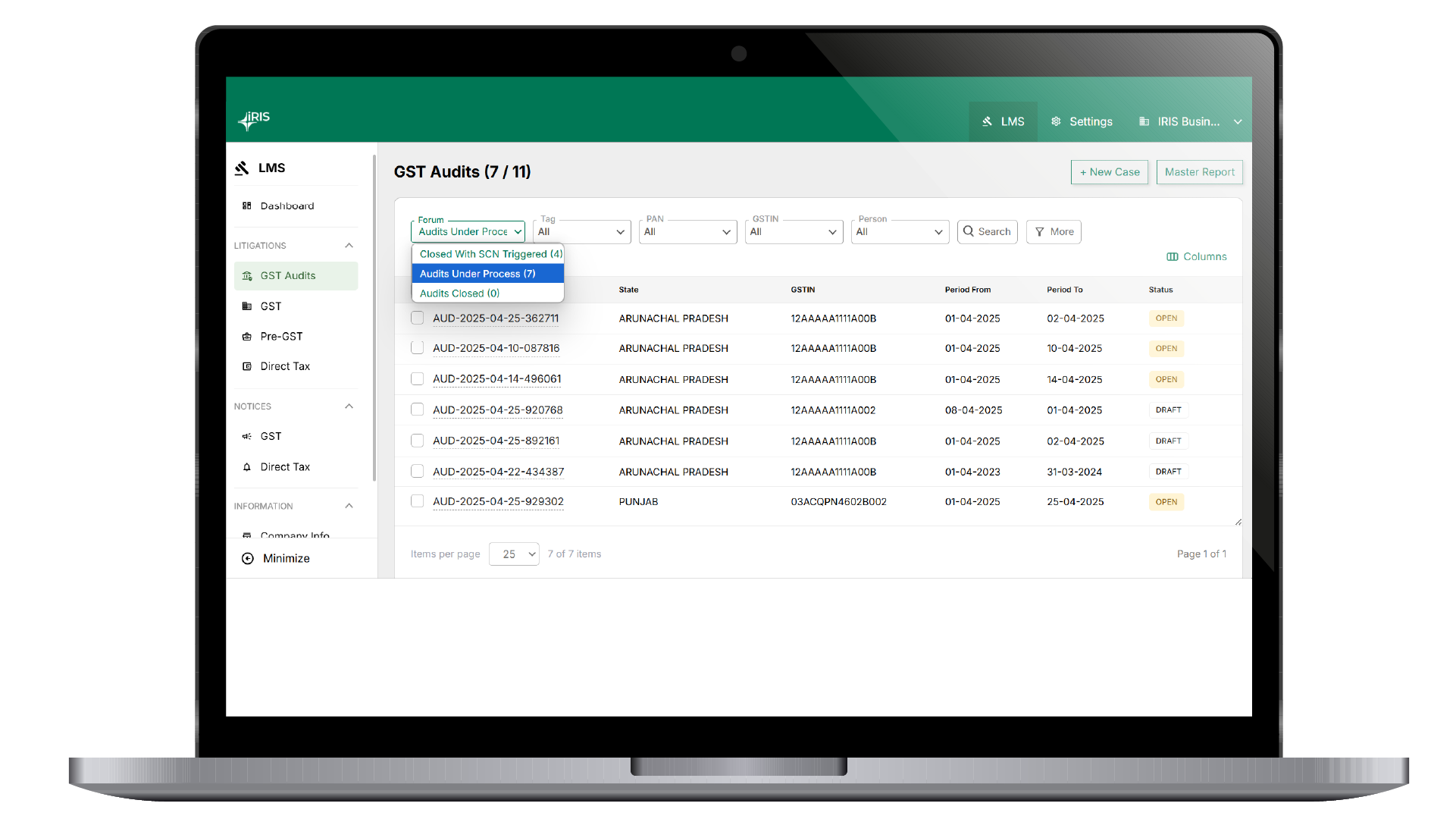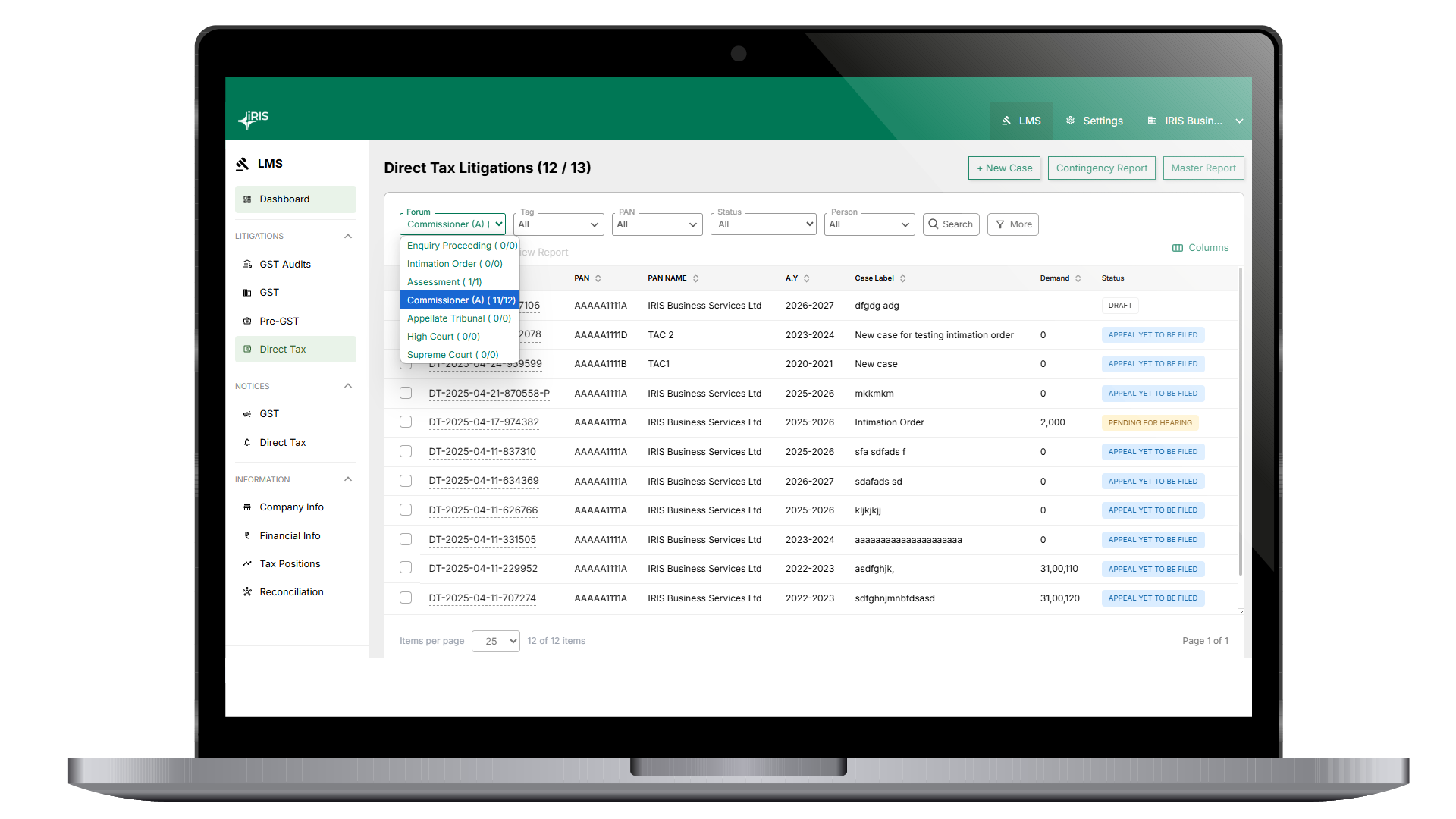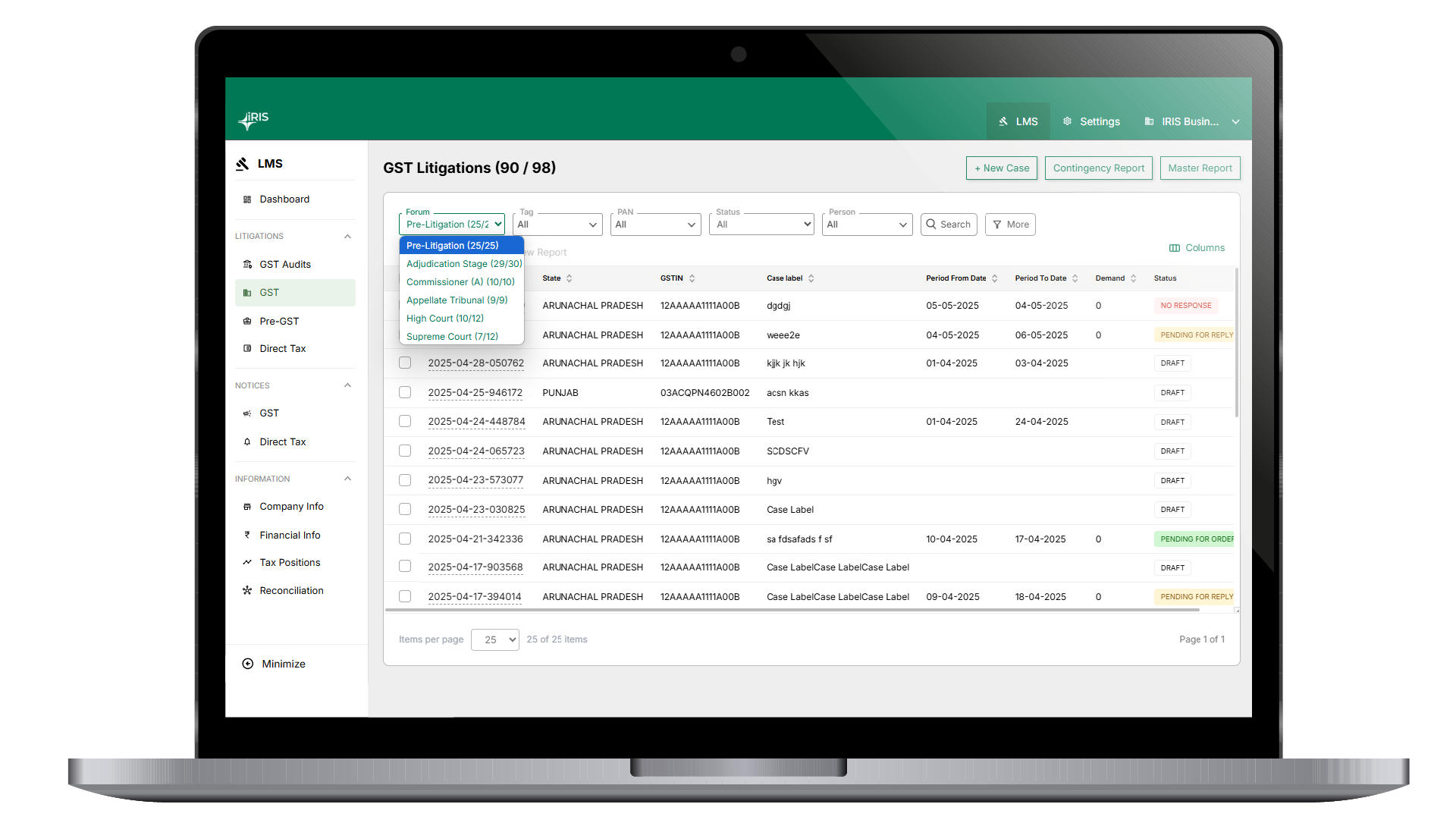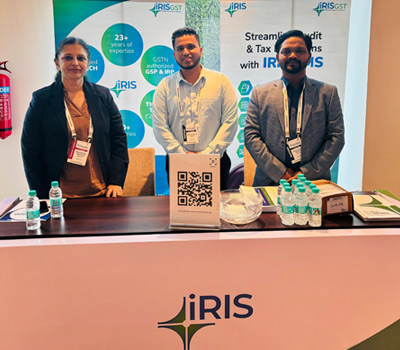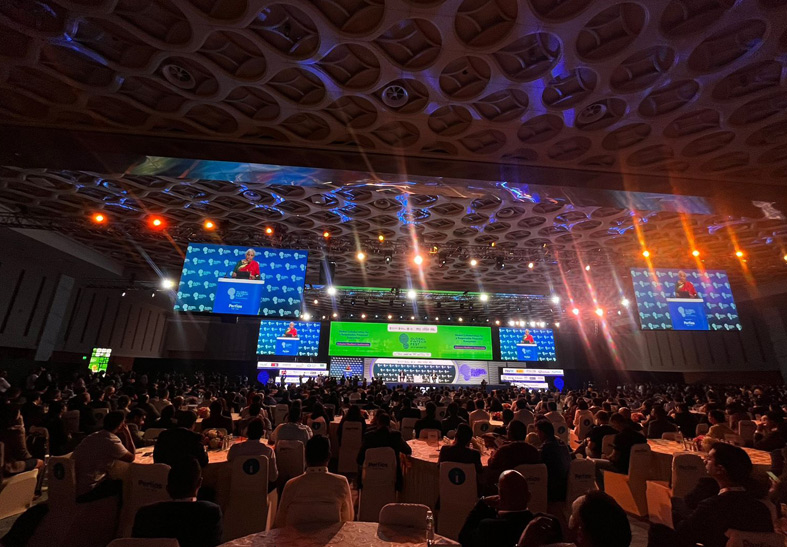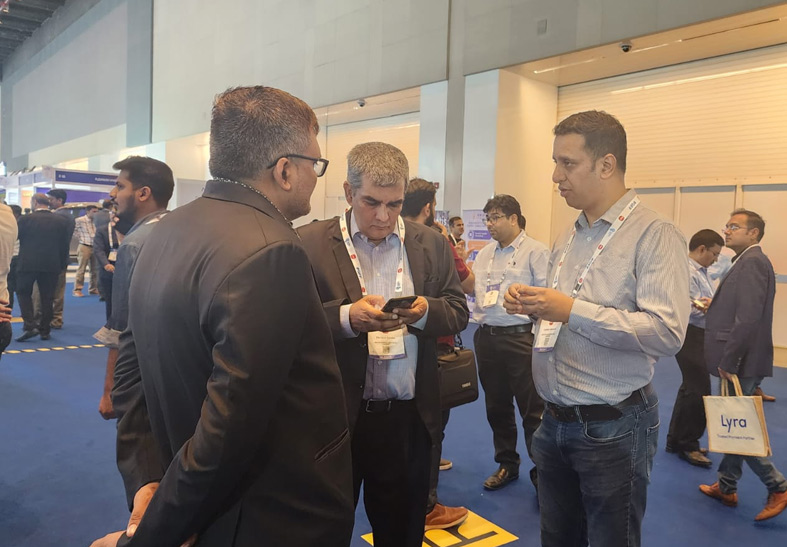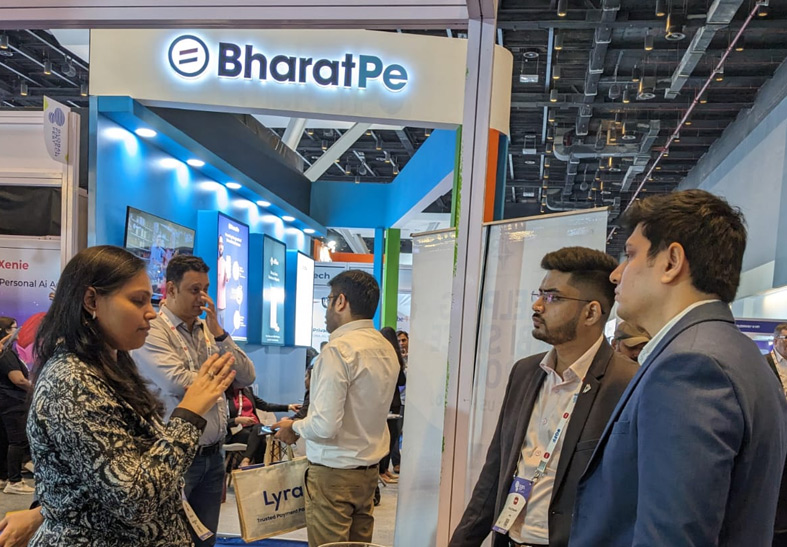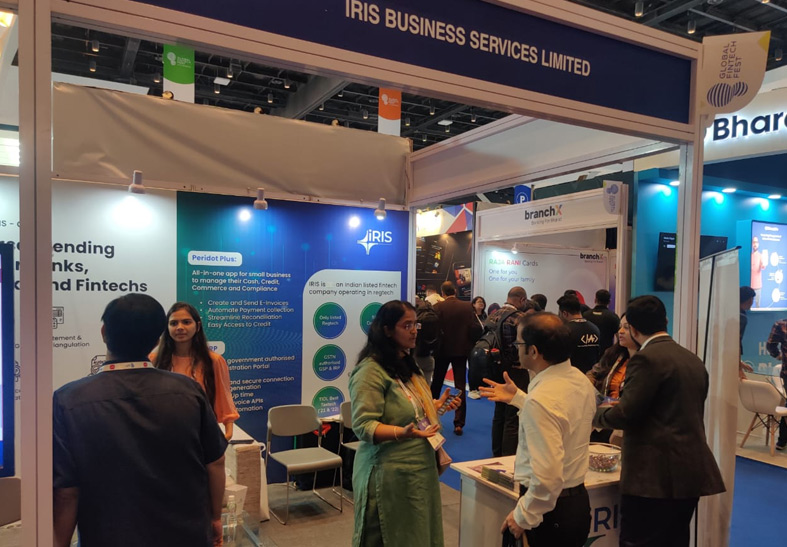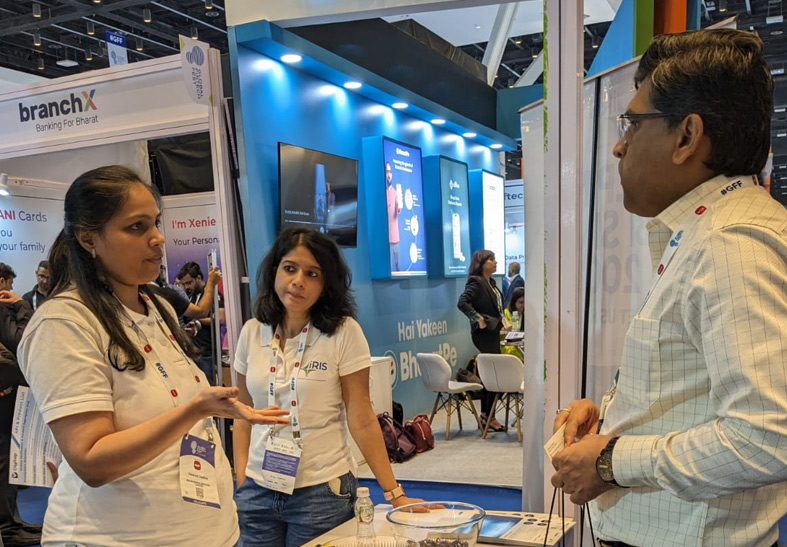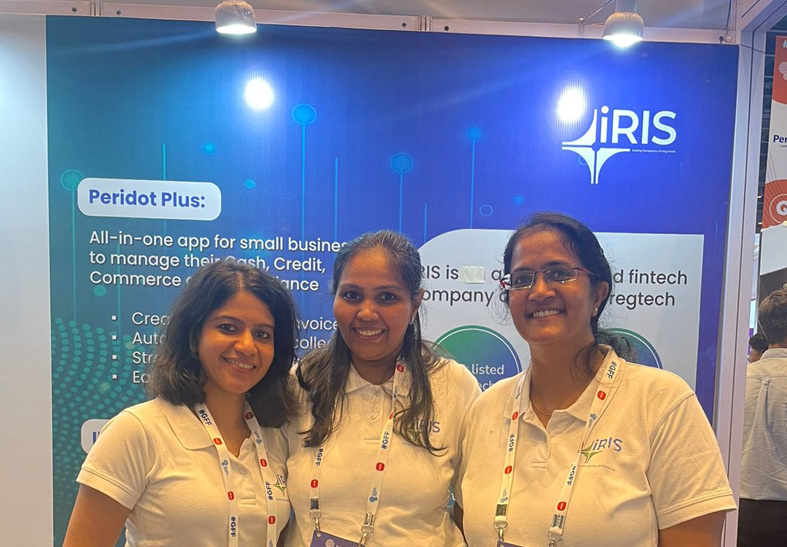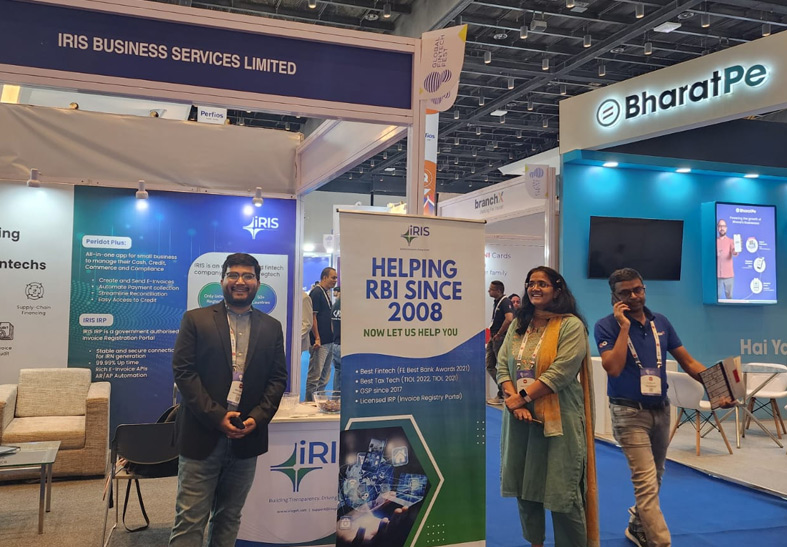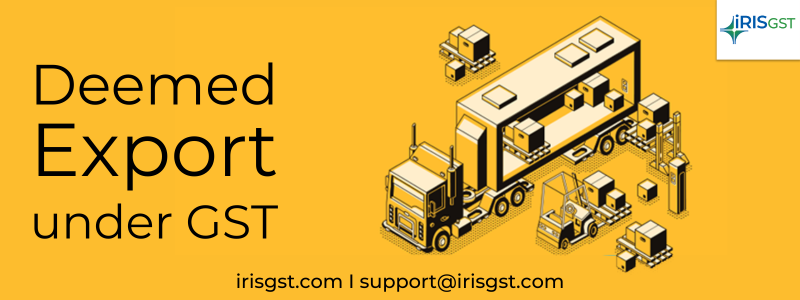
The process of supplying the goods (produced/manufactured in the country) on an international scale is known as Export. Such supply of goods and service contribute to the growth of an economy and thus enjoy the perk of being treated as zero-rated supplies. However, there is a certain category of supplies, as notified by the Central Government, wherein the supply is treated as an export, even if the goods do not leave the national borders. Such supply of goods is known as Deemed Exports under GST.
To understand it better, let us instance a Mr A, a registered dealer in Maharashtra who supplies his goods to an EOU dealer, who further sells the received goods to his customer in the UK. In the given instance, the supply of goods from Mr A to the EOU is considered as Deemed export, while the supply of goods from EOU to his customer is an Export.
Eligibility Criteria:
For a supply of goods to be considered as Deemed Export, the dealer is required to make a note of the follows:
- The given supply of goods comes under Deemed Export category, as notified by the Central Government under Section 147 of the Central Goods and Services Tax Act, 2017 (CGST Act).
- Deemed Export is applicable only for the supply of goods, thus not applicable on services supplied.
- There is no requirement for the given goods to be exported outside India.
- Goods should be manufactured/produced in India.
- Payment received can be in Indian Rupees or in convertible foreign exchange.
What supplies are notified as Deemed Exports?
As per Notification No. 48/2017 – Central Tax dated 18 October 2017 has notified the following supply of goods as deemed exports:
- Supply of goods by the registered person against Advance Authorization (AA) i.e. Supplier must be registered under GST and recipient must be an Advance Authorization holder
- Supply of capital goods by the registered person against Export Promotion Capital Goods Authorization (EPCG)
- Supply of goods by the registered person to Export Oriented Unit (EOU)/ Electronic Hardware Technology Park Unit (EHTP) / Software Technology Park Unit (STP) / Bio-Technology Park Unit (BTP)
- Supply of gold by Bank or Public Sector Undertaking against AA
P.S: The Deemed exports have also been defined under the Foreign Trade Policy 2015 – 2020 (FTP). However, the definition of deemed exports as provided by FTP differs from the definition provided under the GST law and should not be confused with, while applying GST provisions. A particular supply of goods can be deemed exports under FTP but may not qualify as deemed exports under GST.
Additional conditions to be fulfilled by EOU/STP/HTP
- The EOU/ EHTP/ STP/ BTP units are required to give prior intimation to the supplier and the jurisdictional GST officer of supplier and recipient by filing Form A.
- Form A must bear a running serial number and contain details of goods to be procured, which is pre-approved by the Development Commissioner.
- The supplier is required to supply the goods under the cover of a tax invoice.
- The recipient, wherein the endorsed copy of the same must be sent to the supplier and jurisdictional GST officer of supplier and recipient must endorse the tax invoice.
- Record of such goods received by EOU/ EHTP/ STP/ BTP unit must be maintained in Form B.
Why do I have to pay tax on the supply of Deemed Exports?
Although deemed exports are to be treated similar to exports, these supplies are not zero-rated supplies by default. Thus, GST shall be applicable on all the deemed export at the point of supply. Furthermore, these Supplies cannot be made under Bond / LUT without payment of tax.
However, the supplier or the recipient of the goods can claim a refund on the tax paid on such supply. But once the refund has been claimed, the recipient will not be able to claim the ITC on the same.
How can I claim a refund on the tax paid on Deemed Exports?
For obtaining a refund of tax paid on deemed exports, the supplier or recipient is required to file an application in Form GST RFD–01 with supporting document. In case the supplier is claiming a refund of tax paid on deemed exports, the following details/ documents are required
- A statement containing Invoice-wise details of deemed export supplies made by the supplier.
- Acknowledgement by jurisdiction tax officer of AA or EPCG holder that the said deemed export supplies have been received OR in case of EOU/ EHTP/ STP/ BTP/ Copy of tax invoice signed by the recipient that said deemed export supplies have been received.
- Undertaking by the recipient that no ITC has been claimed.
- Undertaking by the recipient that it shall not claim a refund in respect of such supplies.
****
IRIS GST Software is India’s leading GST software to reconcile data faster and ensure 100% compliance!
Feature Highlights:
Bulk Data upload facility – It helps to upload data for multiple GSTINs in one go
2P Summary – Provides a summary of uploaded data. Check your uploaded data with the count of invoices getting considered for reconciliation
Bulk download of GSTR 2A and GSTR 2B– For multiple periods, send ’Get GSTR 2A/ 2B data’ request in one go
Smart reconciliation – It runs on your data and provides the recon results with summary\
Advanced reconciliation – It helps to extend the scope of comparison between data that is in the supplier-only and purchaser-only category. Some rules that help in better reconciliation are:
- Checking invoices across the financial years
- Fuzzy invoice no. Logic
- Checking exact values ignoring invoice number
- Checking invoices within the tolerance provided by you
Monthly reconciliation results with monthly GSTR 2A and 2B report – Helps to decide monthly ITC and how much you can claim
Net vendor summary – Gives a glance reconciliation status for each vendor
PAN level reports and GSTIN level reports – It helps to analyze in detail of your purchaser-only and supplier-only invoices
Send Mail – By using this feature you can easily communicate discrepancies to your vendor
Vendor Cockpit – Includes recommendations for vendor payment release report and know your supplier report
